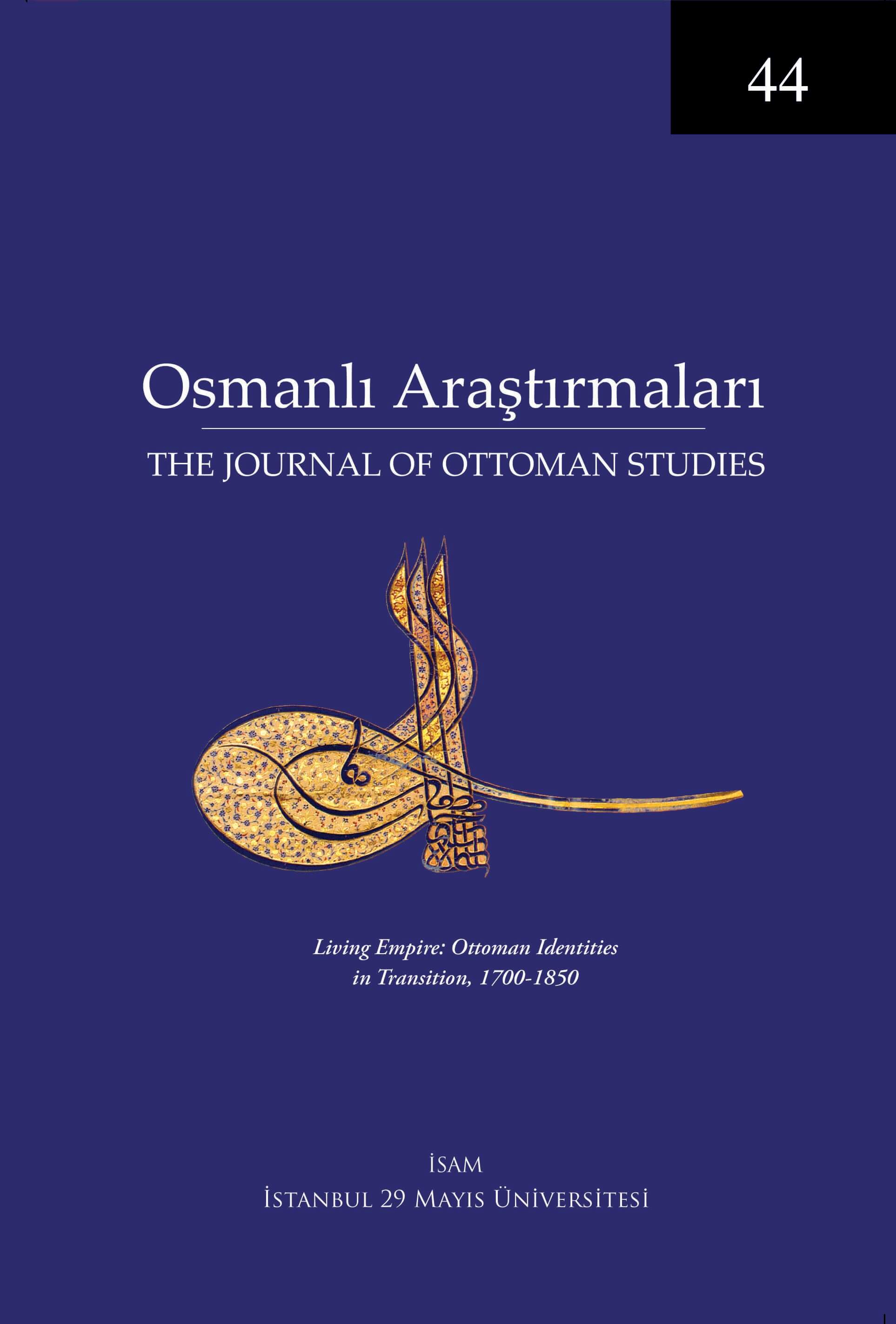The Self-Fashioning of an Ottoman Urban Notable: Ahmad Efendi Tahazâde (d. 1773)
Keywords:
Tahazâde Ahmad Efendi, Ayân, Urban, Notables, Kurds, Waqf, Madrasa, self-fashioning, AleppoAbstract
While historians have learned much about the political, social, and eco- nomic roles of the Ottoman provincial elites (a‘yān) in the 18th century, little is known about their cultural orientations and personal interests. Functioning as political in- termediaries between the Ottoman central government and local populations, the majority of the a‘yān were effectively placed in an ambiguous position between the cosmopolitan demands of service as Ottoman officials and the cultural particular- ism of the local society in which they were or had become rooted. This study takes in hand the foundation document of a college (madrasa) built in mid-18th century Aleppo by a Muslim judge (qadi) and merchant, Tahazâde Ahmad Efendi. Examining together the document’s constituent elements, primarily the library inventory, per- sonnel recruitment strategy, curriculum stipulations, and prayer supplications, this study discerns a calculated and fine-tuned effort on the part of the founder to fash- ion a distinct and autonomous social status and cultural identity. On the one hand, Ahmad Efendi identifies with the Ottoman legal and social establishment as through the prescribed teaching of Hanafi jurisprudence in the curriculum of the madrasa, the plurality of Hanafi texts in his library, and his cultivation of Turkish and Persian poetry in the Edeb-i Osmani tradition. On the other hand, Ahmad Efendi carves out a space within which he asserts his own cultural and intellectual orientation. This is seen most notably through promotion of his sharīf lineage and pursuit of group leadership as naqīb al-ashrāf, which is reinforced by ownership of prestigious genea- logical texts in his library; the cultivation of an pre-Ottoman awareness tied primarily to the Mamluk Sultanate as seen in his concentrated acquisition of chronicles and biographical dictionaries of that era and his affiliation with multiple pre-Ottoman Sufî orders with proud but temporally remote local histories; his extensive financial and technical support for the training of timekeepers (muwaqqits); and, perhaps most strikingly, his explicit and extensive patronage of Kurds, primarily from the area of Mosul, as teachers and students in his madrasa.




